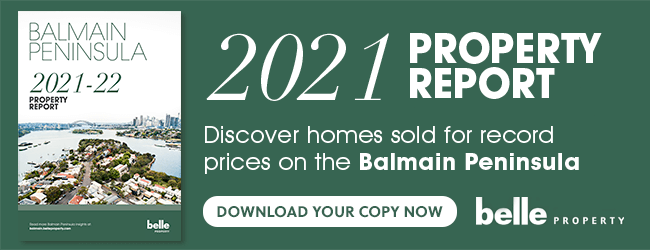As a landlord you might be feeling concerned about the rental challenges in play, brought about in part by the pandemic. You might or might not be aware that key changes were made to the NSW Residential Tenancies Act in 2020 as well.
On the 20 March 2020, NSW saw new rental laws come into effect and, as a landlord, it’s important to understand how to comply with these amendments.
Many landlords are also concerned about future challenges they could face as we slide into recession and the effects of COVID-19 deepen. This year has seen a lot of re-negotiations with tenants who lost their jobs due to COVID-19 and we are not out of the woods yet.
Residential Tenancy Act (2010) key amendments
1. Break fees for fixed-term agreements
Before landlords can end the tenancy, they are required to provide 30 days’ notice for a fixed tenancy and 90 days’ notice for a periodic tenancy.
This amendment is more a clarification rather than a huge change as it’s simplified the previously complex exceptions. The notice periods are more equitable for tenants and landlords alike, allowing tenants enough time to find another property and landlords more time to secure a new tenant.
2. Rental increases
Rental increases are now limited to once annually. However, the provision doesn’t apply to fixed-term leases (of under two years) if a landlord provides advanced notice specifying when rent will be increased and by how much.
3. Smoke alarm rules and penalties
Landlords are now required to ensure smoke alarms are in working order and be aware that steep penalties can result if they do not comply.
4. Modifications to the property
There is a list of 14 modifications tenants can make to a rental property that a landlord cannot deny and that tenants can make without your permission. You can find details of permissible modifications listed on the Fair Trading website.
Most notable modifications are: safety fixtures and fittings to protect kids, support mechanisms for the elderly, and installing or replacing hooks, nails or screws for hanging paintings, picture frames and other similar items.
5. Information disclosure update
Landlords must advise the tenant in writing within 14 days of becoming aware of the following:
- The property is subject to a significant health or safety risk. The notice must explain the risk in detail.
- The rental unit is in a building where a development application or complying development certificate application for rectification has been lodged in reference to external combustible cladding.
- The rental property is in a building where a fire safety order or building product rectification order was issued regarding external combustible cladding.
Landlords and COVID-19
The Sydney basin rental market has seen drops in rental prices and the number of rentals available in most areas has increased. In the Inner West, according to figures from CoreLogic, rentals on the market have increased by around 10% this winter. Many younger renters, especially those in hospitality or tourism, struggling to pay rent have had to move back in with their parents.
How to be a good landlord during the pandemic
1. Talk to your tenants
Your tenants might be eligible for Rent Assistance so help them by directing them to Centrelink to see if they can claim this support. Some landlords are also reducing the rent to keep tenants and ensure some money continues to come in to cover mortgage payments.
2. Talk to your bank or mortgage lender
Most banks and mortgage lenders are helping landlords with several options that include:
- Lowering the interest rate.
- Allowing owners to switch to interest-only payments.
- Allowing owners to take a mortgage ‘holiday’.
3. Talk to your property manager
Our team at Belle Property Balmain can help you choose from several options:
- Allow your tenant to break their lease without penalty. Be aware, though, that it might be difficult to find a new tenant quickly so you’ll be out of pocket.
- Reduce the rent. Several of our landlords reduced the rent before receiving any request. Result: Happy tenants who are content to stay for the long term. Plus, in reducing the rent, you might be eligible for NSW Government Land Tax relief.
Need help navigating the rental changes?
We’re living in strange times but we know we’ll get through this with the right advice and support. We have decades of experience on the Balmain Peninsula and can give you the peace of mind you need to navigate this challenging period. If you need help with your investment property, please get in touch.



